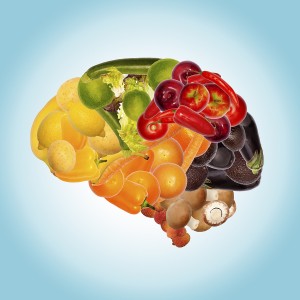 It is estimated that 80% of individuals make New Year’s resolutions, but as many realize, very few keep them. It is easy to make plans of being healthier and living healthier lives when we have the spark of motivation, but when we are faced with the 5am alarm clock going off to go to the gym, the snooze button can become a more viable option.
It is estimated that 80% of individuals make New Year’s resolutions, but as many realize, very few keep them. It is easy to make plans of being healthier and living healthier lives when we have the spark of motivation, but when we are faced with the 5am alarm clock going off to go to the gym, the snooze button can become a more viable option.
This blog is meant to give you tips and encouragement to help you through the rough points when you want to throw in the towel on those New Year’s resolutions. In addition, it is my hope that these tips would help make your efforts more successful. Because the number one new year’s resolution is weight loss, many of the examples I provide below will relate to that realm.
Make realistic resolutions.
One of the biggest barriers to overcome in my opinion is the barrier of preconceived expectations of ourselves. Regardless of what you have achieved in the past in regards to activity level and healthy eating habits, start out slow. If you are not exercising at all currently, do not expect to simply be exercising every day for one hour. For some individuals this works for them, but it is important to work your way into a schedule that works for you.
Prepare in advance for your resolutions/changes.
Many individuals struggle with keeping their resolutions, because life gets busy and old habits tend to be resorted to. If one prepares in advance, it is easier to avoid resorting back to these old habits.
Be forgiving of yourself. When you fall short, get back on track quickly and keep going.
Ultimately, New Year’s resolutions require habit changes. Habits can be very hard to change, and so, slip – ups are common and happen. Be kind to yourself and forgive yourself if you fall short. The changes you are making could be very new to you, and it is okay to fall short. I like to give the example of babies that are learning to walk. When a baby is learning to walk they often fall. You wouldn’t yell at a baby and be unforgiving towards them because they fell. You would applaud the 3 steps that they made regardless how small. Treat your successes as such and be quick to get back up and try again.
Be patient.
Change takes time and the results you want may not happen overnight. Be patient with this process. If you are finding you are reaching a plateau in results, it may be best to consult a health care provider such as a Naturopathic Doctor to see if there may be something more preventing progress.
Have a source of accountability.
When we have someone or something that we make ourselves accountable to, this can help with success. Many times, individuals want to please others and if this acts as motivation, use it! Sources of accountability can include different apps, friends, family, or even your Naturopathic Doctor; especially if you are doing weigh in’s or measurements.
Have you benefitted from reading this blog? Know someone that would benefit as well? Share, Like, Comment, or Tweet this article, and let me know what you think.
Some of the information provided above may not be appropriate for everyone, please consult with your doctor before trying any of the above. If you are interested in Naturopathic Medicine and wanting a different approach to your health care needs, contact Dr. Elisha Cook ND by calling 226-232-7665 and book your appointment today!


